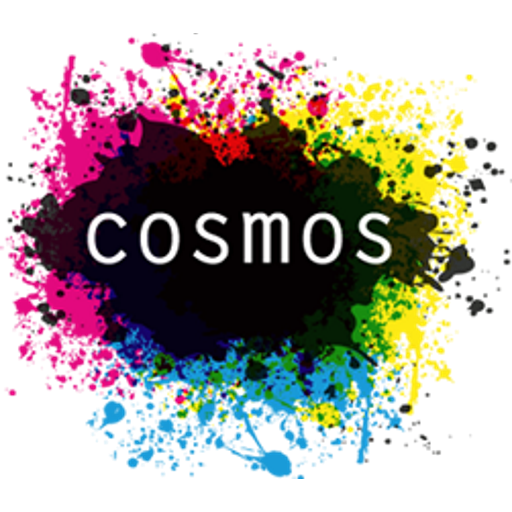The Summer School will last 10 teaching days for a total of 60 hours of didactic activities, from the 14th to the 25th of September 2015. The Summer School will cover the following topics through 2 and 4 hours teaching slots: archival research; comparative historical studies and methods; participant observation; doing fieldwork during violent conflicts; interviewing activists; discourse analysis in social movement research; frame analysis in social movement research; social network analysis, how and when in social movement research; protest event analysis; surveys in political participation and mobilization; online tools and digital methods for the study of mobilizations; visuals in the study of social movements.

The Summer School focuses on how to analyze present and past forms of grassroots participation activated by social movement and civil society actors at the local, regional and transnational level. More in general, it aims at disseminating knowledge on how to investigate processes and mechanisms that sustain the active citizens’ participation to and mobilization in the realm of politics.
Grassroots participation and radical democracy have been at the centre of the public and political debate from 2008 onwards, when a new wave of contention crossed the entire world: from protests in Iceland to those in the MENA region, Southern Europe, North America and Latin America. The emergence of new protest movements requires scholars to reflect on the research strategies and methodologies that are employed to study grassroots participation and radical democracy. Although there is a considerable amount of research done on how social movements and civil society actors mobilize, specialized literature on how to actually investigate this phenomena is rare, although increasingly necessary. The Summer School addresses this gap discussing how to apply the most common methods in the social sciences to investigate political participation and mobilization.
The Summer School will include three keynote speeches on social movements and research methods. Confirmed keynote speakers are: Prof. Donatella della Porta (SNS and EUI); Prof. Joshua Gamson (University of San Francisco); Prof. Michele Micheletti (Stockolm University).
The Summer School will last 10 teaching days for a total of 60 hours of didactic activities, from the 14th to the 25th of September 2015. See here the whole academic programme of the Summer School.
The Summer School will take place at the Scuola Normale Superiore, in Florence, Italy.
Email contact for questions and clarifications about the Summer School: pam.summerschool[AT]gmail.com
Director Prof. Donatella della Porta (Scuola Normale Superiore and European University Institute);
Co-director Dr. Alice Mattoni (European University Institute);
Academic Assistant Lorenzo Zamponi (European University Institute)
The Summer School is kindly supported by:
The Summer School is open to 20 graduate and master students as well as early career researchers with a specialized interest in participation and mobilization in different fields of study, including political science, political sociology, political communication, and political anthropology from throughout European and beyond.
Applicants must email a cover letter in which they explain how the Summer School would be beneficial for their research, a 500-word abstract of their proposed paper, and a curriculum vitae no later than 20th of April 2015: to pam.summerschool[AT]gmail.com
Applicants will be informed of the outcome by email as soon as possible. Those offered places must confirm their participation within 7 days, after which places may be offered to applicants on the reserve list.
Students will be required to write and submit a 7.000-8.000 words paper before the starting of the Summer School. The paper will be then presented and discussed during one of the afternoon sessions.
Students will be also required to complete the mandatory readings for morning lectures and method sessions (see below) and to actively participate in discussion during morning and afternoon sessions.
Successful participation in the Summer School will be fully accredited with 30 credits and a certificate of participation.
English will be the working language of the Summer School. Therefore students are expected to have a good command of written and spoken English.
Full fees for the Summer School are €400 and cover tuition costs, academic materials, lunches, welcome aperitivo & farewell dinner, use of library, computing and internet facilities.
Fees will not cover travel and accommodation costs, but all registered participants will have the opportunity to book single and double rooms in the University Residence of the Scuola Normale Superiore at a very convenient rate.
Details of how to pay the fees and book the room will be emailed to all selected participants.
The ECPR will offer two Travel and Accommodation grants (€300 each). In order for the participants to be eligible to receive the grant, they must meet the following criteria:
Journal Article - 2025
Journal Article - 2023
Journal Article - 2023
Journal Article - 2023
Journal Article - 2023
Monograph - 2023
Monograph - 2022
Monograph - 2022
Journal Article - 2021
Journal Article - 2021